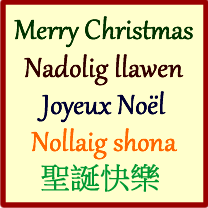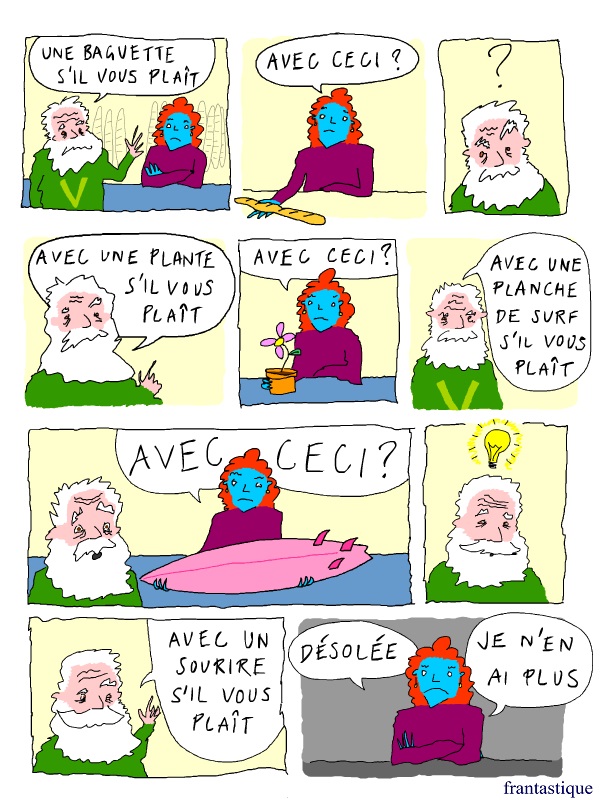While eating one of my mum’s delicious mince pies yesterday, I asked what makes them different to the ones you buy in shops. Apparently it’s the pastry – my mum uses shortcrust pastry, and shop-brought ones use sweet pastry. This got us wondering what the short in shortcrust actually means.
Shortcrust pastry is made with flour, fat and water. The fat might be lard, butter, margarine, or shortening, which is a vegetable-based fat [source].
It seems the short in shortcrust comes from shortening, which can also refer to butter or other fat used in baking, and comes from shorten, in the sense of “to make crumbly”, from short, which can mean “easily crumbled”. The same short appears in shortbread and shortcake [source].
In case you’re not familiar with British Christmas foods, a mince pie is a small sweet round pie containing dried fruit, suet and spices. Such pies did once contain minced meat and were larger, and oblong in shape, but these days they don’t contain any meat [source].


